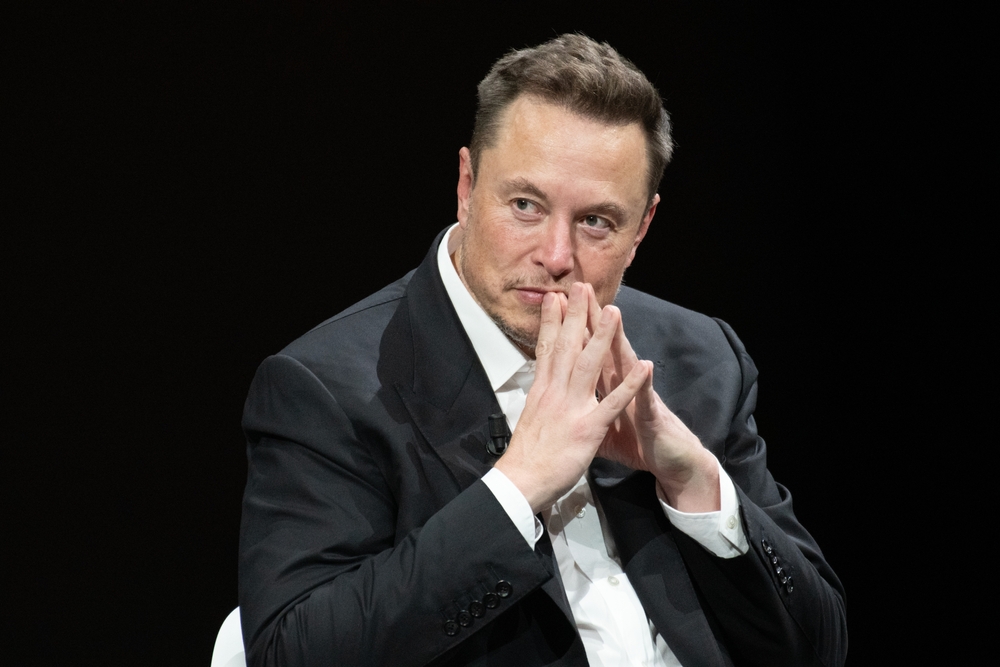Canada, in line with its neighbor the United States, has imposed a 100 percent tariff on imports of Chinese electric vehicles, Prime Minister Justin Trudeau announced on Monday.
The announcement also included a 25 percent tariff on Chinese steel and aluminum imports.
However, it should be noted that currently, only electric cars made at Elon Musk’s Tesla plant in Shanghai are imported into Canada, not Chinese models.
In essence, this policy will most likely harm Musk rather than any Chinese maker. Nevertheless, Trudeau is framing the issue as a Chinese problem, rather than any targeted attack against Musk, who has become a thorn in the side of the liberal establishment ever since he opened up X to free speech and stopped censoring the majority of conservatives.
“Market players such as China have chosen to give themselves an unfair advantage in the global marketplace,” Trudeau told an off-site cabinet meeting in Halifax. White House national security adviser Jake Sullivan was also present at the meeting and actively supported the idea.
Trudeau’s government began consultations over the summer on how to combat what Deputy Prime Minister Chrystia Freeland called a clear push by Chinese companies to create a global oversupply. The Canadian decision follows plans announced by the United States and the European Union to impose higher tariffs on Chinese electric cars.
Freeland said that Canada will not become a dumping ground for Chinese overproduction and that Ottawa will act in harmony with Washington and Brussels, especially given that North America has an integrated automotive sector.
U.S. President Joe Biden has previously said that Chinese state support for electric car manufacturing and other consumer goods will ensure that the companies concerned do not have to make a profit, giving them an unfair advantage in global trade.
Chinese companies can sell their electric cars for as little as $12,000 and Chinese solar panel, aluminum, and steel production can meet a large share of global demand.
Chinese officials argue that their manufacturing capacity will help keep prices down, ensuring the transition to a green economy.
As to Canada, following in the U.S. and EU’s footsteps is no surprise. However, one wonders about the motive behind the move, given no Chinese EV makers are even exporting their cars to the country and the recent attempts to stop Musk’s free speech efforts on X.






